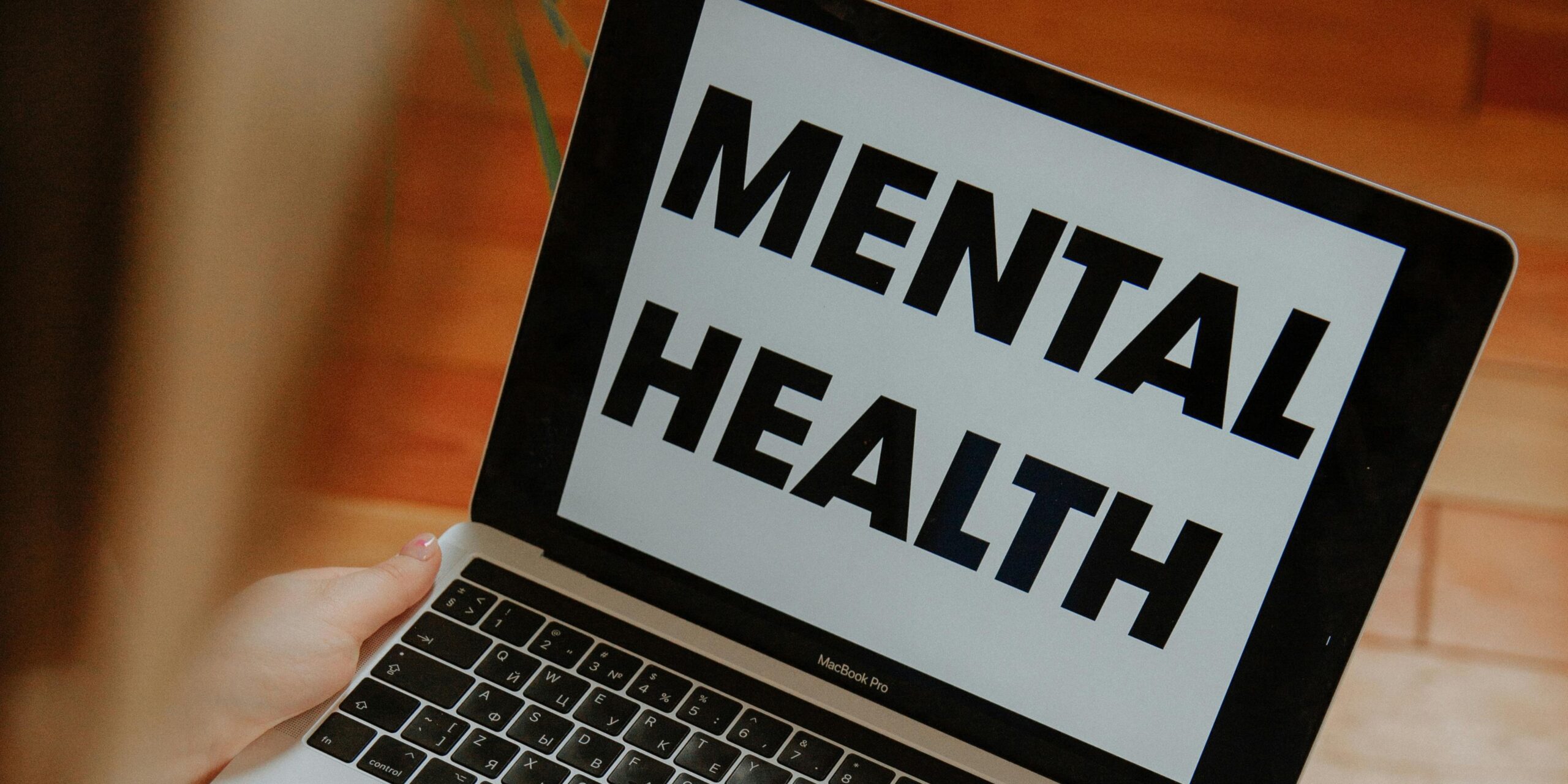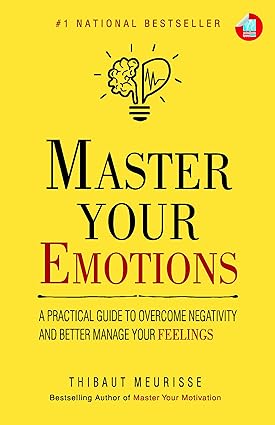
What is Mental Health?
Understanding Mental Health: Importance, Signs, and 6 Simple Steps to Boost Your Emotional and Psychological Well-being…
Mental health encompasses our emotional, psychological, and social well-being. It influences how we think, feel, and act in our daily lives. It also helps determine how we handle stress, relate to others, and make choices. Good mental health is more than just the absence of mental illness; it involves a state of well-being where individuals can cope with the normal stresses of life, work productively, and contribute to their community.
Importance of Mental Health
Maintaining good mental health is crucial for overall well-being. It affects every aspect of life, including physical health, relationships, and job performance. Good mental health enables individuals to enjoy life, be resilient, and work through challenges. On the other hand, poor mental health can lead to severe consequences such as depression, anxiety, and other mental disorders that can impair one’s ability to function effectively.
Signs of Mental Health Issues
Recognizing the signs of mental health issues is the first step in seeking help. Common signs include:
- Persistent sadness or feeling down
- Confusion or reduced ability to concentrate
- Excessive fears or worries
- Extreme mood changes
- Withdrawal from friends and activities
- Significant tiredness, low energy, or sleep problems
- Detachment from reality (delusions), paranoia, or hallucinations
- Inability to cope with daily problems or stress
- Trouble understanding and relating to situations and people
- Problems with alcohol or drug use
- Major changes in eating habits
- Sex drive changes
- Excessive anger, hostility, or violence
- Suicidal thinking

How to Improve Your Mental Health
Improving mental health is a continuous process that involves taking active steps to manage stress and maintain a positive outlook. Here are some ways to improve your mental health:
- Connect with Others: Building strong, positive relationships with others provides support and a sense of belonging.
- Stay Active: Physical activity releases endorphins, which can boost your mood.
- Learn New Skills: Engaging in new activities can improve self-esteem and cognitive function.
- Give to Others: Acts of kindness can create positive feelings and a sense of reward.
- Mindfulness: Practicing mindfulness can help you stay grounded and reduce stress.
- Seek Help: If you’re struggling, don’t hesitate to seek professional help.
Impact of Mental Health on Men’s Lives
Men often face unique challenges when it comes to mental health. Societal expectations and traditional gender roles can discourage men from expressing their emotions or seeking help. This can lead to untreated mental health issues, which can have severe consequences. Poor mental health in men can result in substance abuse, violence, and even suicide. It’s important to break the stigma and encourage men to seek support when needed.
Daily Activities or Yoga Exercises to Improve Mental Health
Incorporating daily activities and yoga exercises into your routine can significantly improve mental health. Some beneficial activities include:
- Breathing Exercises: Deep breathing can help reduce stress and anxiety.
- Meditation: Regular meditation can enhance emotional health.
- Physical Exercise: Activities like walking, running, or cycling can boost your mood.
- Yoga: Poses like Child’s Pose, Downward-Facing Dog, and Warrior I can help reduce stress and improve mental clarity.
- Journaling: Writing down your thoughts and feelings can help you understand and manage them better.
- Reading: Engaging in a good book can be a great way to relax and escape from daily stressors.
How Social Media Impacts Mental Health
Social media has a profound impact on mental health. While it can be a source of support and connection, excessive use can lead to negative effects such as:
- Comparison: Constantly comparing oneself to others can lead to feelings of inadequacy and low self-esteem.
- Anxiety and Depression: Overexposure to negative news and cyberbullying can contribute to anxiety and depression.
- Sleep Problems: Excessive screen time, especially before bed, can interfere with sleep patterns.
- Isolation: Paradoxically, spending too much time on social media can lead to feelings of isolation and loneliness.
Quotes on Good Health :
“Mental health is not a destination but a process. It’s about how you drive, not where you’re going.” – Noam Shpancer
“The only journey is the journey within.” – Rainer Maria Rilke
“You don’t have to control your thoughts. You just have to stop letting them control you.” – Dan Millman
“Happiness can be found even in the darkest of times if one only remembers to turn on the light.” – J.K. Rowling
“Your mental health is a priority. Your happiness is essential. Your self-care is a necessity.” – Unknown
Recommended Books For Good Habits, Mental Health, Emotions etc. are as below, books can changes the thought processand thus directly effect the lives of well being.
Whom to Approach and When to Seek Consultation for Better Mental Health
If you’re experiencing persistent mental health issues, it’s important to seek help from professionals such as:
- Primary Care Physicians: They can provide initial assessments and refer you to specialists.
- Therapists and Counselors: Trained professionals who can help you work through emotional and psychological issues.
- Psychiatrists: Medical doctors specializing in mental health who can prescribe medication if needed.
- Support Groups: Peer groups that offer support and understanding from others with similar experiences.
Experts Reveal 6 Simple Steps to Boost Your Emotional and Psychological Well-being
Mental health has become a hot topic of discussion. More and more, conversations about mental well-being are appearing on TV shows and social media. High-profile figures like actors, athletes, and global pop stars are openly discussing their experiences with therapy. This is a significant shift from the past, when mental health issues were heavily stigmatized, preventing many from seeking help.
With the term “mental health” being so frequently used, it can sometimes be confusing. Mental health includes our emotional, psychological, and social well-being. It affects how we think, feel, and behave, influencing how we handle stress, relate to others, and make healthy choices. It is crucial at every stage of life, from childhood and adolescence through adulthood. Here are six expert-recommended habits to improve your mental health:
1. Physical Activity

Physical activity has numerous benefits, including improved mood, reduced symptoms of anxiety and depression, enhanced cognitive function, and better physical health. Carol Maher, a professor of Population and Digital Health at the University of South Australia, emphasizes the negative impact of a sedentary lifestyle, which is linked to depression, anxiety, and isolation.
“Sitting is the new smoking,” says Nami Nocifera, a therapist from Marina del Rey, California. She advises her clients, especially those with anxiety or depression, to take walks. Outdoor exercise connects you with nature and can lift your spirits, but indoor exercises are also beneficial and convenient.
2. Fighting Procrastination and Taking Action

Procrastination often stems from perfectionism. We delay tasks because we want to do them perfectly, but there’s no such thing as the perfect time. Nocifera suggests identifying your values to help combat procrastination. For example, if learning is important to you, focus on that value rather than waiting until you feel ready. Breaking tasks into smaller steps, eliminating distractions, and using an accountability partner can also help, says Sharon Martin, a psychotherapist.
3. Social Interaction

Daily human interactions foster a sense of belonging and purpose, improving mental health. “Relationships decrease loneliness, which is linked to depression and physical health issues,” Martin explains. Even brief interactions, like chatting with a neighbor or store clerk, are meaningful. Human beings evolved to live in social groups, and these connections are vital for our mental health.
4. Getting Enough Sleep

Lack of sleep can negatively affect our mood. A study by the University of Pennsylvania found that limited sleep increases stress, anger, sadness, and mental exhaustion. Good sleep hygiene—such as keeping a consistent sleep schedule, creating a restful environment, and avoiding screens before bed—is essential for well-being. Blue light from screens can interfere with melatonin production, so using a blue light filter in the evening can help.
5. Being Careful About Social Media Use

While social media can be tempting, it can also lead to negative self-comparisons and unrealistic expectations. Sharon Martin advises focusing on your own values instead of comparing yourself to others. On the positive side, social media can connect you with supportive communities and provide valuable information and inspiration. Use it mindfully to benefit from its positive aspects.
6. Having a Consistent Routine and Making Time for Yourself

A routine provides stability and helps maintain healthy habits, like exercising and getting enough sleep. It’s also important to schedule time for yourself. Nocifera suggests including activities that bring you joy and relaxation, such as meditation or connecting with loved ones, in your daily routine.
Conclusion
Mental health is a vital part of overall well-being, affecting every aspect of life. Recognizing the signs of mental health issues and taking proactive steps to improve mental health can lead to a healthier, happier life. Whether through daily activities, yoga, professional help, or supportive relationships, there are numerous ways to maintain and improve mental health. It’s essential to break the stigma surrounding mental health and encourage open conversations and support for everyone.

